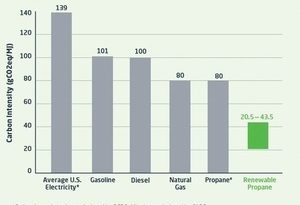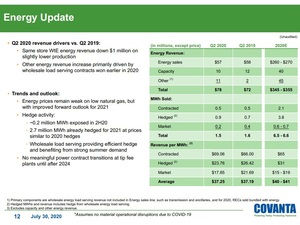EPA: 12 more SRE petitions filed, 98 now pending
Energy Disrupter
ADVERTISEMENT
The U.S. EPA on Aug. 20 released updated small refinery exemption (SRE) data, showing that small refiners have filed 12 additional SRE petitions, including nine “gap year” petitions. A total of 98 SRE petitions are now pending, up from 86 that were pending as of July 16.
The newly filed SRE petitions include one for Renewable Fuel Standard compliance year 2011, one for compliance year 2012, two for compliance year 2013, two for compliance year 2014, two for compliance year 2015, one for compliance year 2016, one for compliance year 2019 and two for compliance year 2020. The total number of SRE petitions pending now include eight for compliance year 2011, eight for compliance year 2012, thirteen for compliance year 2013, fourteen for compliance year 2014, thirteen for compliance year 2015, nine for compliance year 2016, two for compliance year 2018, 28 for compliance year 2019, and three for compliance year 2020.
According to the EPA’s online SRE dashboard, gap year SRE petitions currently account for 65 of the 98 pending SRE petitions. Those gap year petitions have been filed with the agency in an effort to circumvent a Jan. 24 ruling by the Tenth Circuit Court of Appeals that struck down three SREs previously approved by the EPA and determined that the agency cannot extend exemptions to any small refinery whose earlier, temporary exemptions had lapsed. If applied nationally, the ruling was expected to limit eligibility for future SREs to a small number of small refineries. The gap year SRE petitions filed with the EPA in recent months represent an effort by several small refiners to create a continuous chain of SRE approvals that would allow the affected refineries to maintain eligibility for future SREs.
While under statute, the EPA has 90 days to issue a decision on SRE petitions, EPA Administrator Andrew Wheeler has indicated that deadline will likely not be met for gap year petitions. During a visit to Wisconsin on Aug. 12, Wheeler said he doesn’t know how long it will take the agency to review the gap year waivers and noted that they are trickier to review than normal SRE petitions because of their retroactive nature. He indicated he doesn’t know how the agency should handle the waivers, noting he’s unsure how a refinery could prove it experienced severe economic harm several years in the past if its still in existence today and stressed the EPA is unsure how it would offer a remedy in the event a refinery was able to demonstrate economic harm. “The appropriate remedy would not be to give people current year RINs for something from 2012 or 2013, and you can’t give them RINs for 2012 or 2013 because those RINs are worthless now,” he said.
President Trump was pressed on the issue of gap year SREs by Sen. Joni Ernst, R-Iowa, during a visit to Iowa earlier this week. “Alright, we’ll speak to them. I’ll speak to them myself. I’ll do it myself,” said Trump in response to Ernst’s statement that the EPA needs to follow the intent of the law with respect to the RFS.
The Renewable Fuels Association said that conversation needs to happen now. “This week in Iowa, President Trump promised to personally speak with EPA about these absurd gap-year waivers and the impact they are having on ethanol producers and the farm economy,” said Geoff Cooper, president and CEO of the RFA. “That conversation can’t happen soon enough, as pending petitions are now closing in on the century mark. As more and more waiver requests pile up, we are again asking the President to ensure EPA immediately adopts the recent Tenth Circuit court decision nationwide and rejects these nonsensical gap-year petitions. The Saudi-Russia oil price war, COVID pandemic, ongoing trade war, and now a historic derecho have already taken a devastating toll on our markets, and faithful enforcement of the Renewable Fuel Standard is more important now than ever before. Rural America simply can’t withstand the additional demand destruction and economic hardship that would result from more refinery waivers.”
Additional SRE data is available on the EPA website.
















